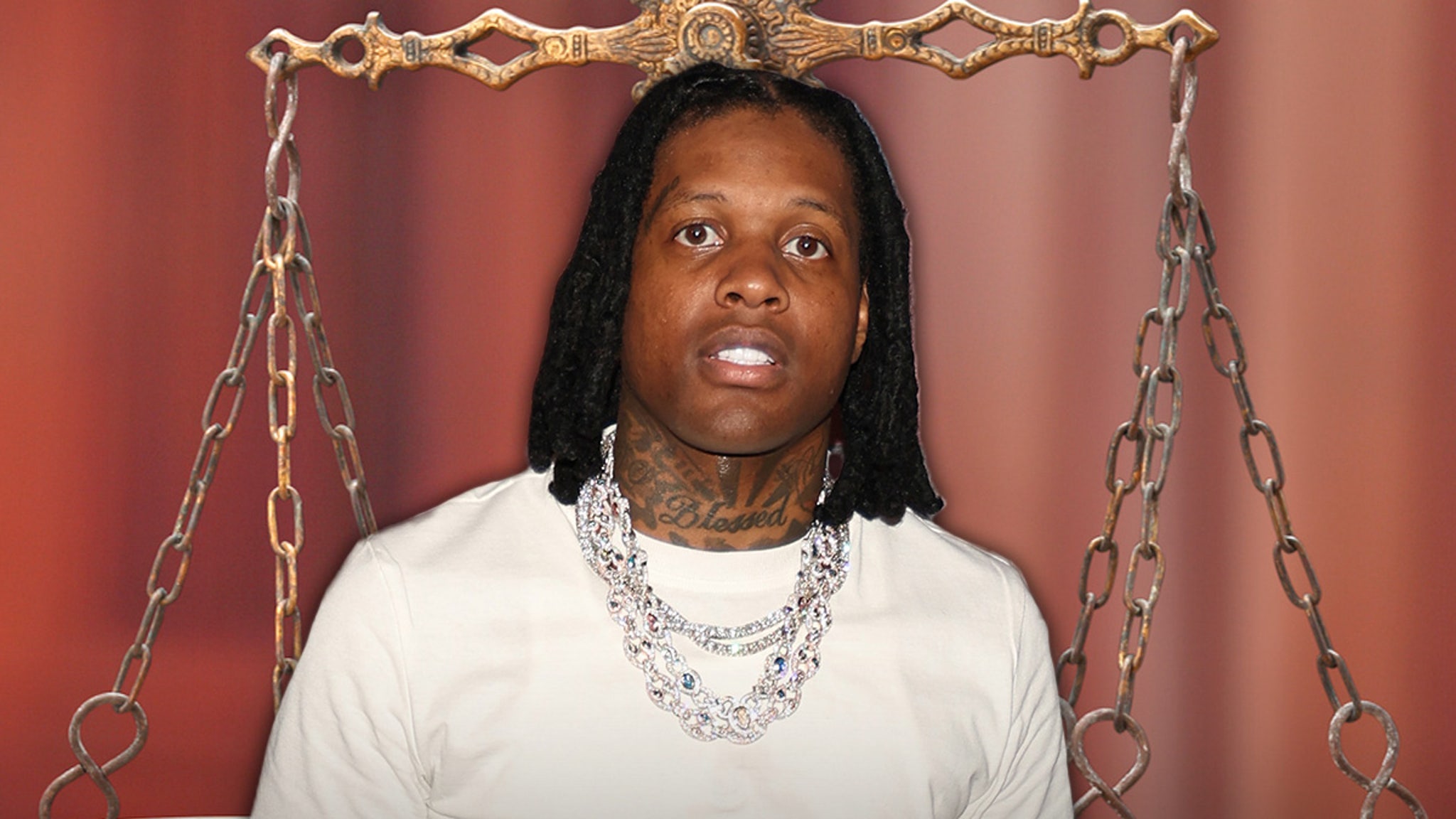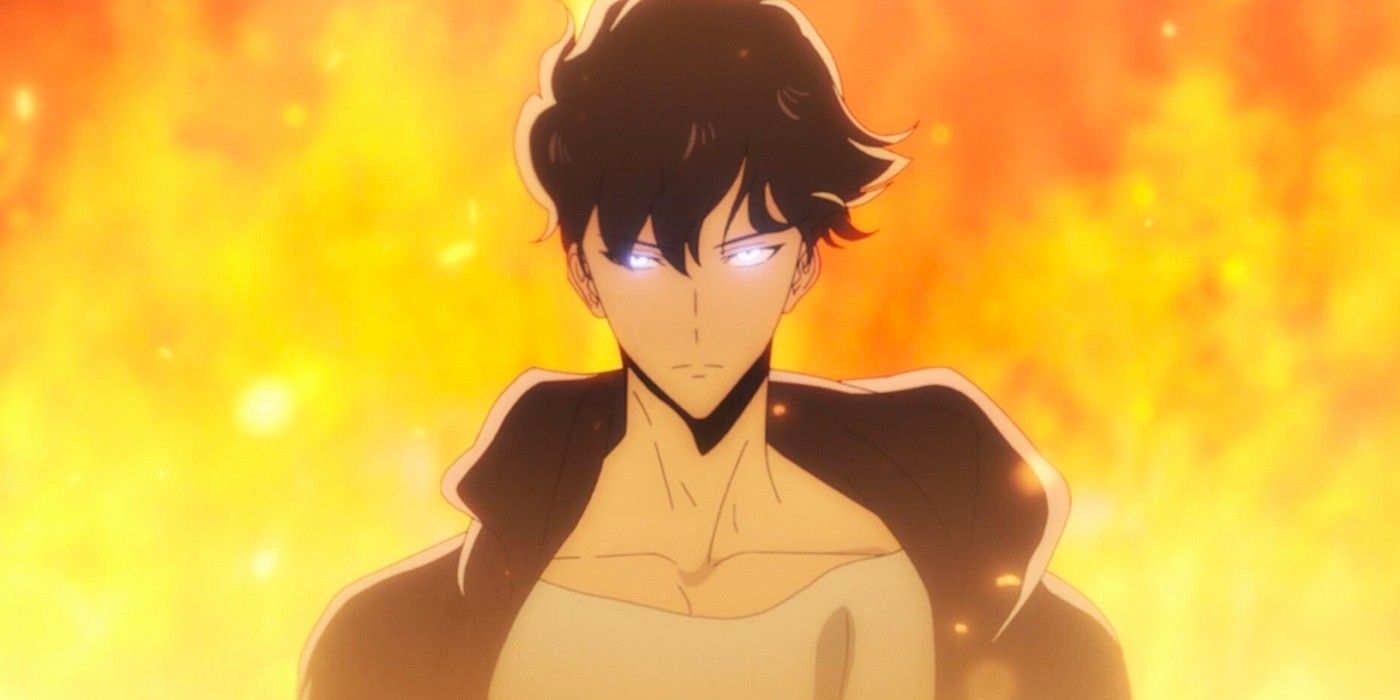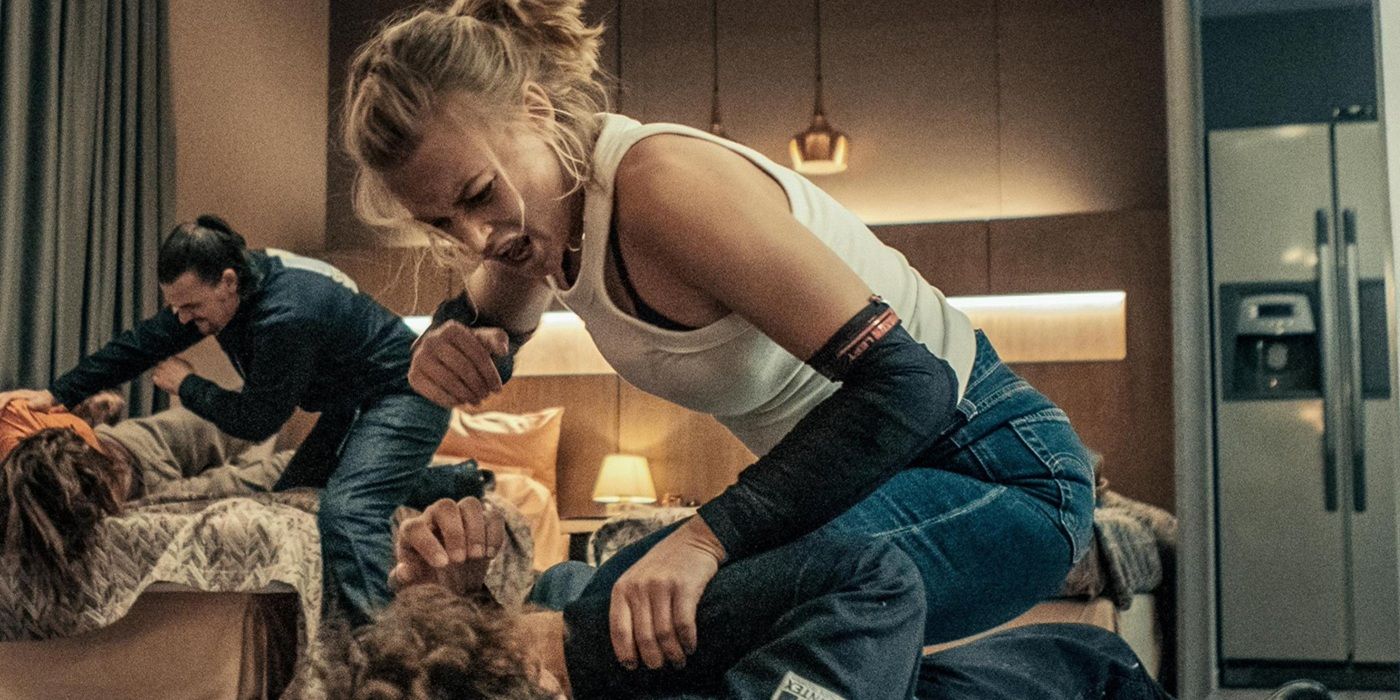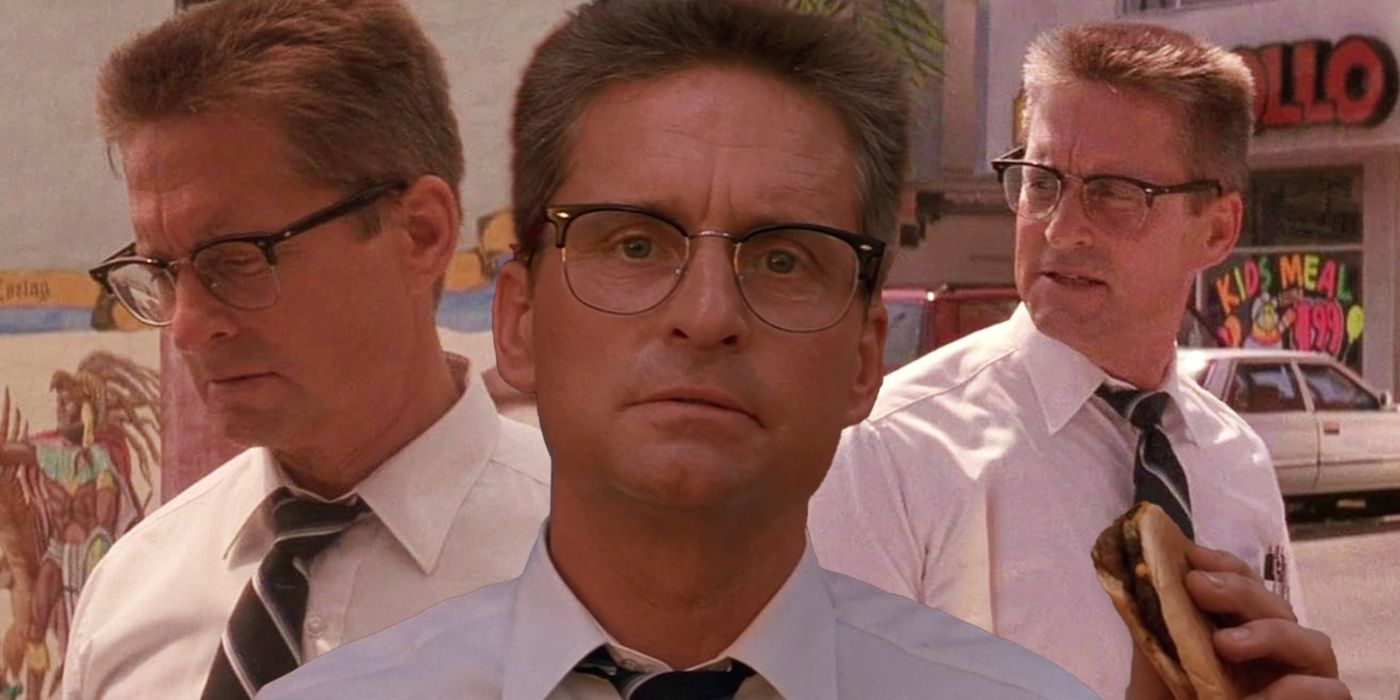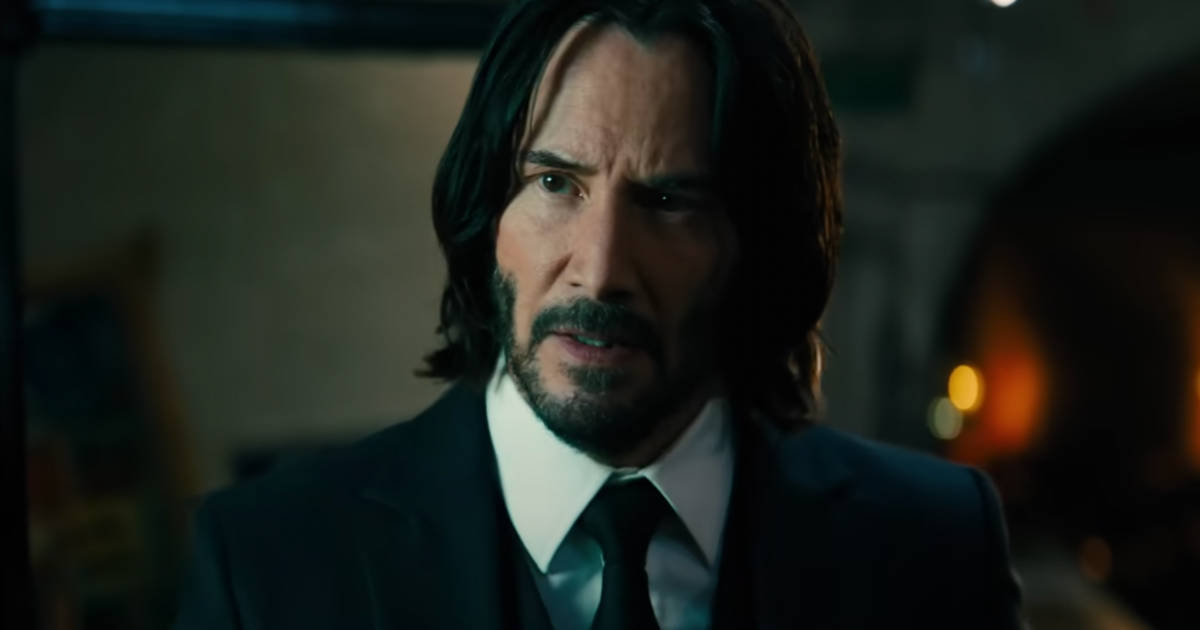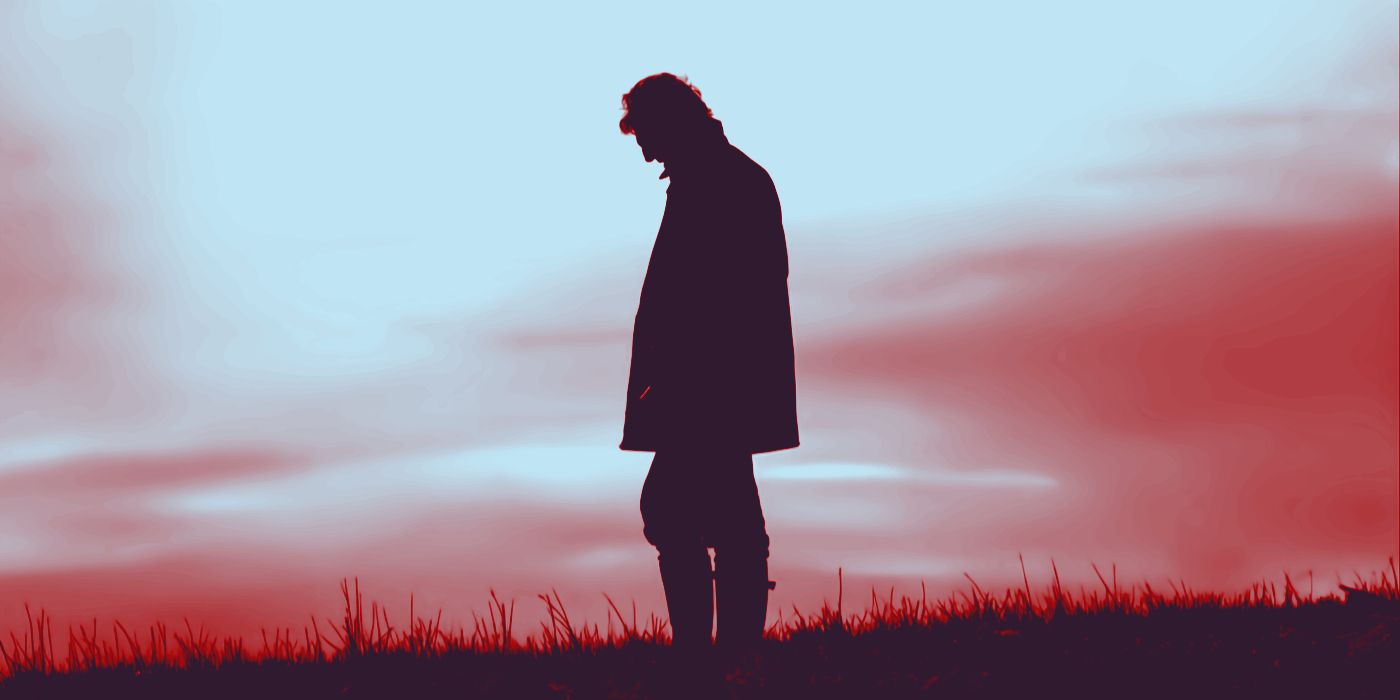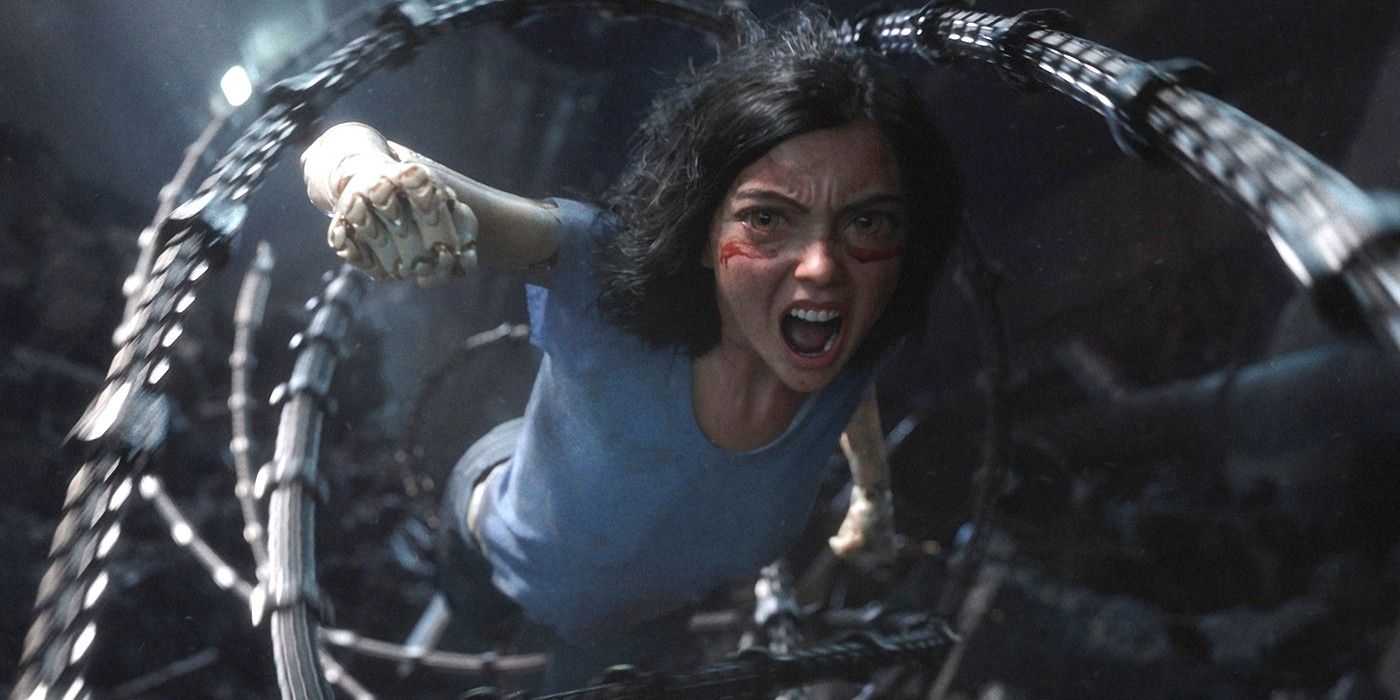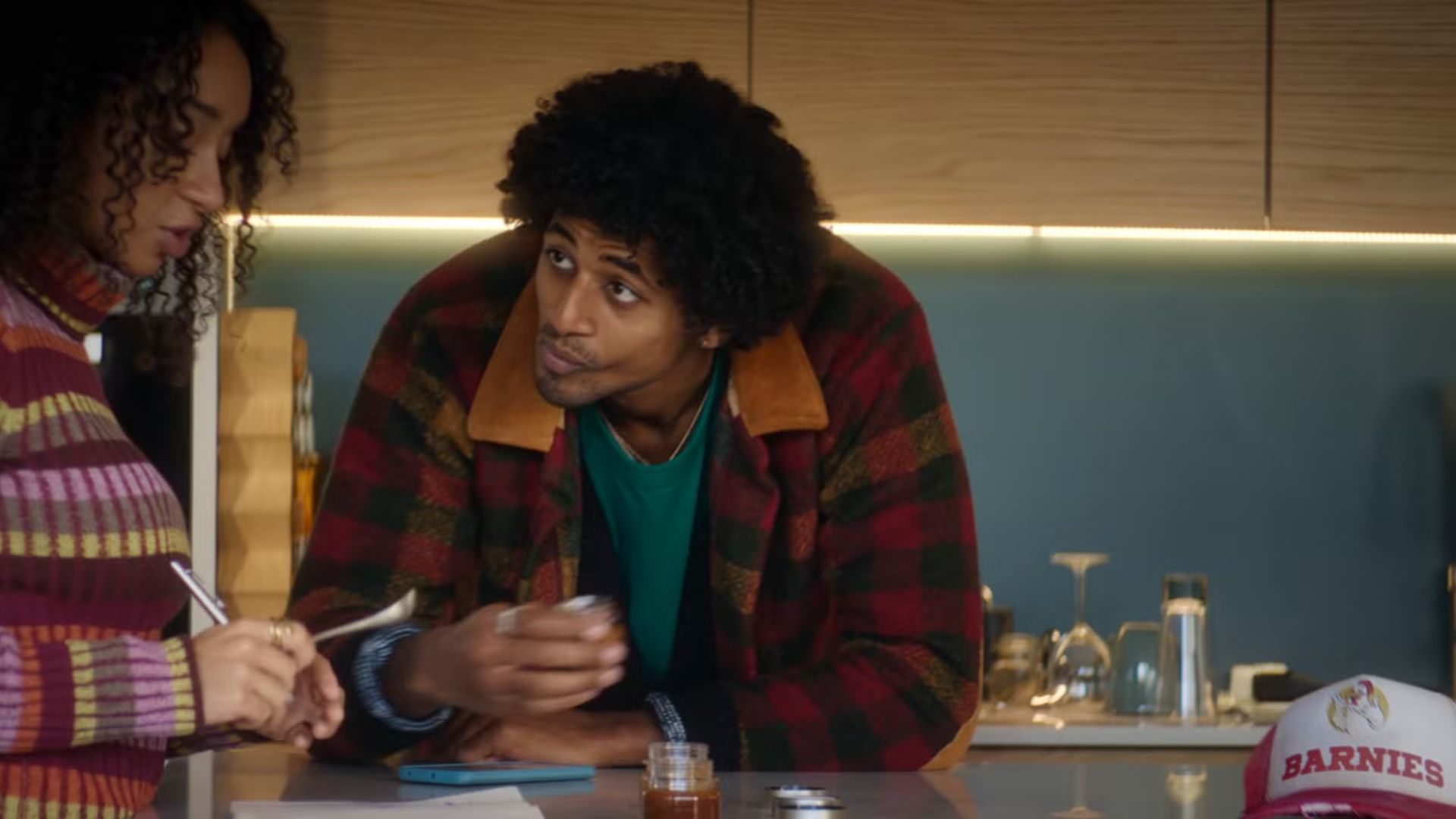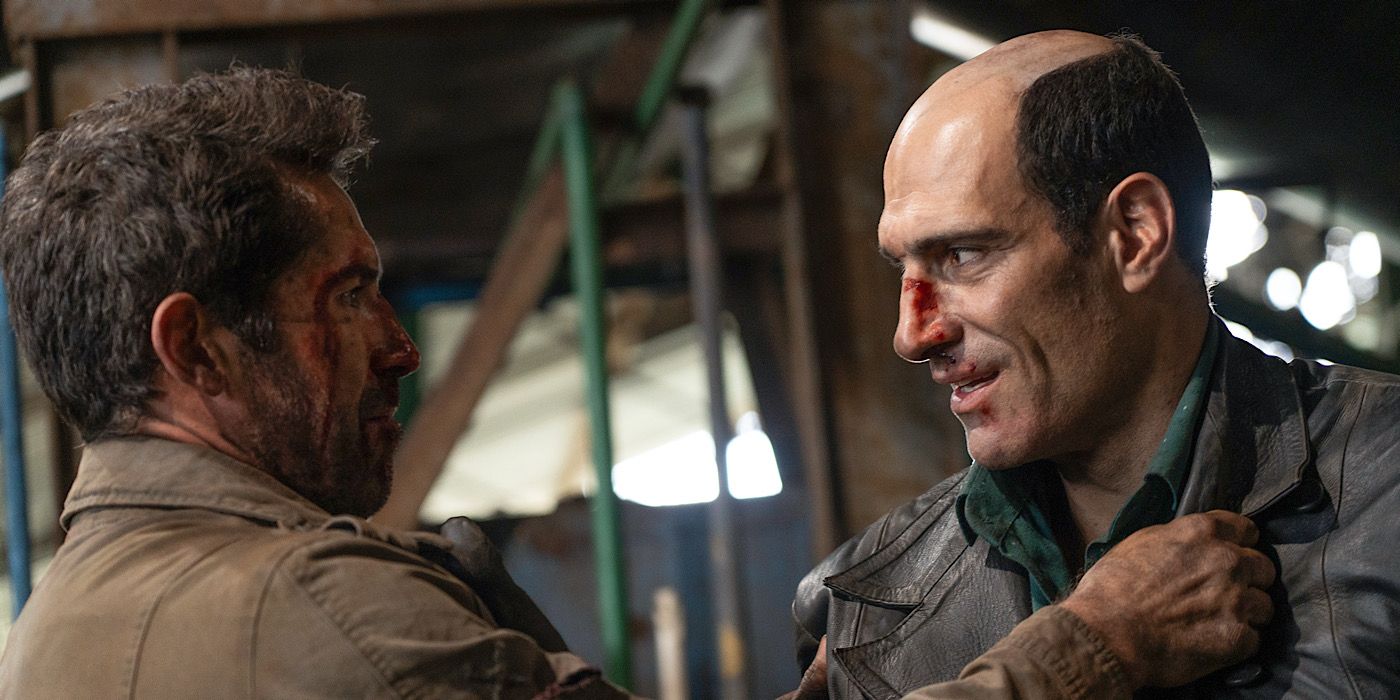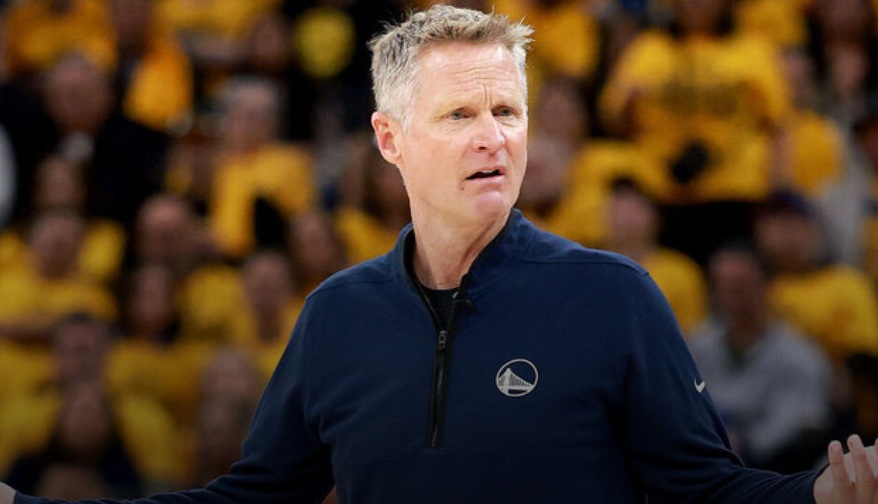The 2024 presidential election revealed that the United States remains a starkly divided nation, both ideologically and especially in terms of perceptions of the economy, as while those people who have invested in the stock market have experienced great returns, millions of people have little or no savings and struggle to afford to buy groceries.
The middle-class political revolt that took place with the 2024 election was anticipated over 30 years ago in the 1993 psychological thriller film Falling Down, in which Michael Douglas stars as Bill Foster, a recently divorced and unemployed defense engineer whose anger and confusion over being rendered irrelevant is highlighted through a series of violent encounters that Foster has while traveling across a Los Angeles urban landscape, for the illusory purpose of attending his daughter’s birthday celebration.
Because Foster is white, while many of the film’s target characters aren’t, Falling Down has been labeled as being racist and a standard revenge film. However, while Falling Down is deliberately populated with characters who serve to trigger Foster’s points of rage, the film is primarily about the relatable tragedy of a man whose despair has turned into a form of insanity that can infect anyone who has been told, after playing by the rules and working hard, that they’re obsolete and redundant. When Falling Down was released in 1993, Douglas, as Foster, was featured on the cover of Newsweek magazine as the embodiment of an angry-white-man figure. Today, Foster is the patron saint of a forgotten middle class and political awakening.
Bill Foster Is Mad as Hell and Isn’t Going to Take It Anymore in ‘Falling Down’
Release Date February 26, 1993
Runtime 113 minutes
Just as Falling Down, which was filmed against the backdrop of the 1992 Los Angeles riots, embodied an era of economic hysteria and urban violence at the time of its release, the film explores the most pressing issues for voters in the 2024 presidential election, in terms of the economy, specifically inflation, and immigration.
Falling Down opens with Michael Douglas’s character, Bill Foster, being stuck in his car amid a stifling traffic jam, in which he is bombarded with feelings and images of cultural decay. After his car’s air conditioning fails, Foster, armed only with a briefcase, abandons the car. When a fellow motorist asks Foster where he’s going, Foster cryptically states he’s going home.
Related Best Vigilante Movies Without Superheroes, Ranked
Crime-stopping and revenge-seeking vigilantes aren’t limited to superheroes, as these great movies show.
Foster’s descent into criminality, in which he accumulates weapons of increasing potency, begins when he enters a convenience store, ostensibly to get change to call his daughter on the day of her birthday. After attempting to get change by buying a can of pop, only to discover that the change he gets from the 85-cent can of pop won’t leave him enough change to make a call, Foster takes the Korean store owner’s baseball bat and destroys several merchandising displays before leaving the store. After leaving the store, Foster is harassed by two Latino gang members, from whom he takes a knife, followed by an Uzi. Later in the film, he acquires a rocket launcher.
Foster’s rampage obviously makes him a target of the police, specifically Prendergast, an underappreciated police sergeant whose pursuit of Foster happens on the sergeant’s last day of work before retirement. Like Foster, Prendergast, played by Robert Duvall, has been made to feel unwanted and questions the validity of his existence. Like Michael Mann’s Heat, Falling Down becomes a character study of two men who are mirror reflections of each other and have arrived at opposing destinations while enduring similar pressures. The eventual confrontation between Foster and Prendergast is that of a man who is broken beyond repair and another who has somehow managed to hold his life together.
‘Falling Down’ Predicted a Vanishing Middle Class
Falling Down is a rare topical film that feels more relevant in the present day than when it was initially released, specifically in terms of the plight of the middle class, which was certainly under pressure when Falling Down was released in 1993 due to the influence of automation and outsourcing and is now under assault, with the increasing prevalence of AI. When Falling Down was released in 1993, the film’s star, Michael Douglas, referenced his character, Bill Foster, as being emblematic of a group of underrepresented people who, despite working hard, are one paycheck away from disaster.
Related Michael Douglas’ 9 Best Performances, Ranked
Michael Douglas has been entertaining audiences for over 50 years. The lauded actor has been honored on several occasions for his performances.
In the aftermath of the 2024 presidential election, Douglas appeared with Bill Maher on the talk show Real Time with Bill Maher to discuss the reasons behind the reelection of Donald Trump and the rejection of the Democrats. Douglas said:
“It’s the economy. We’ve lost our middle class. In 40 years, the stock market has increased 5,000%, and real wages have increased 14%, so 50% percent of the country owns stocks, and you’ve heard they’re not complaining much right now, but those people who are going week to week with the inflation, it is killing them. I think we really underestimated it, and the very fact now that we [can] talk about Republicans as being the party for the people, and that we have this elitist party on the left, Democrats, is wild.”
Michael Douglas Deserved an Oscar for ‘Falling Down’
As Bill Foster, the victim and villain of Falling Down, Michael Douglas creates an unforgettable characterization in which audiences can clearly recognize the societal elements that contributed to Foster’s destruction. With his black-rimmed eyeglasses, clean briefcase, crew-cut hairstyle, pocket protector, and white shirt and tie, Foster looks like he’s been transplanted from the 1950s and 1960s, when life made more sense.
The role of Foster represents Douglas’s riskiest performance in terms of the challenge he faced in portraying Foster’s rage and sadness in a graphic fashion without glorifying it. While Foster elicits empathy, there’s none of the voyeuristic exhilaration that happens while watching Charles Bronson blow away drug dealers and rapists in the Death Wish films. Through the subtlety of Douglas’s performance, Falling Down is a prophetic examination of madness within a man who once thought he was living the American Dream and doesn’t understand how it slipped away. Falling Down is available to rent on Apple TV, Prime Video, and Google Play.
You can view the original article HERE.








